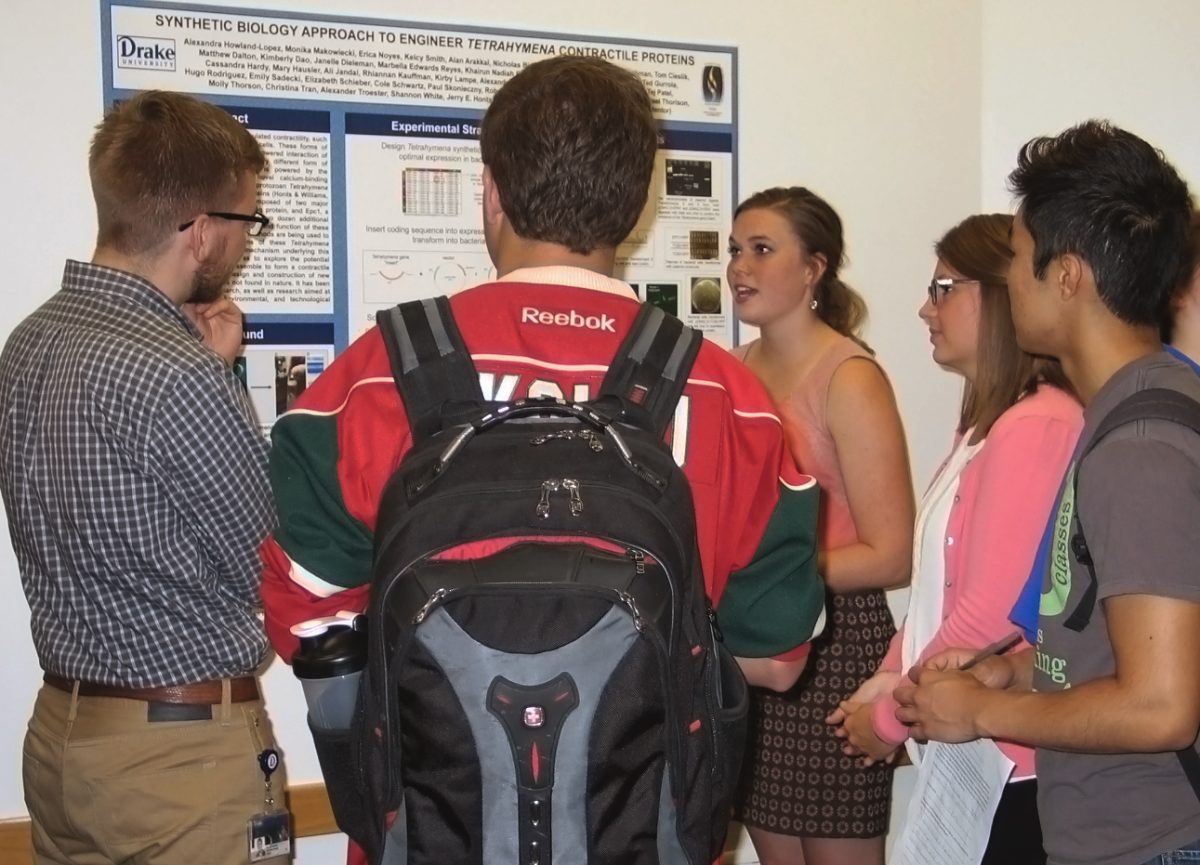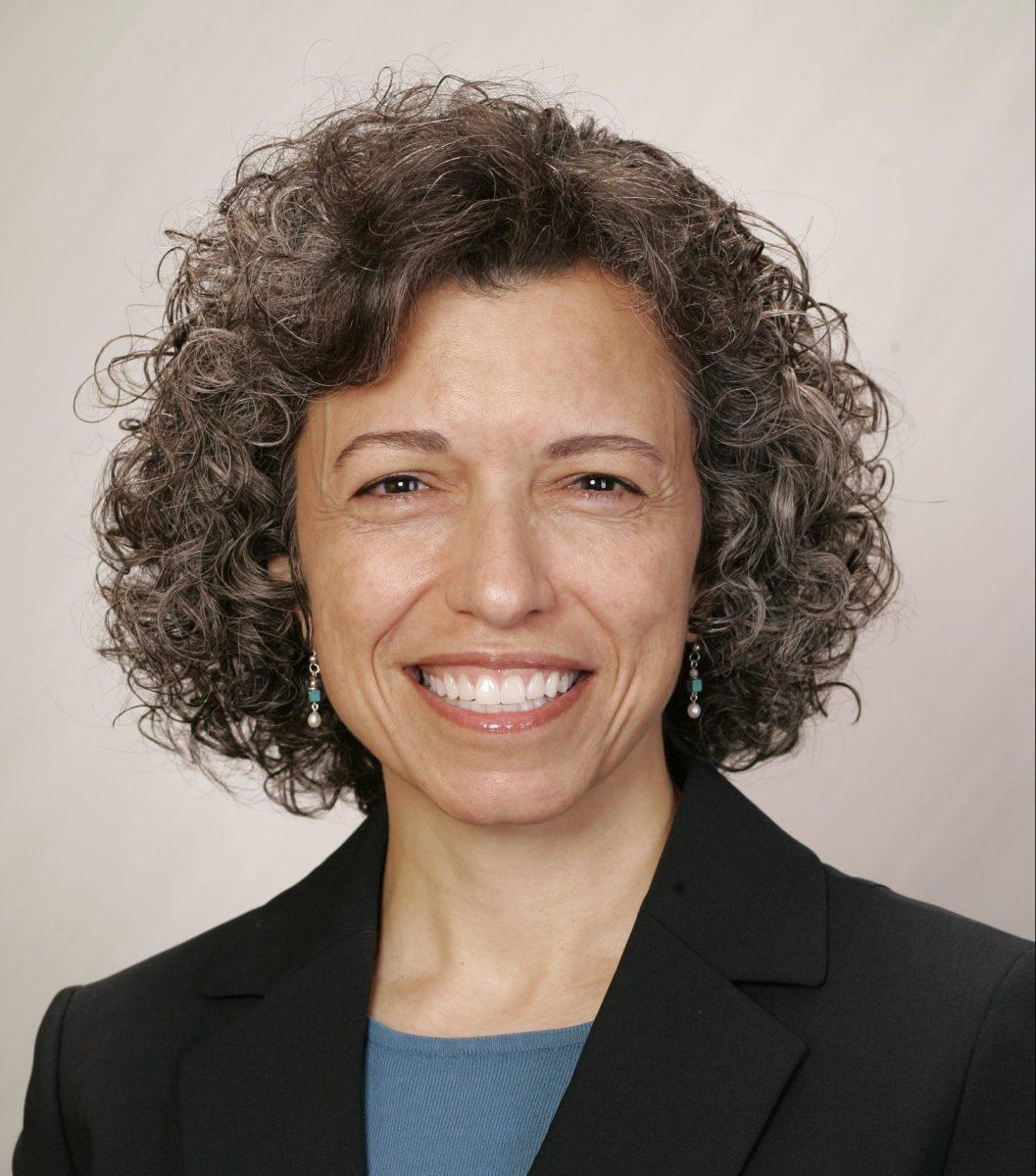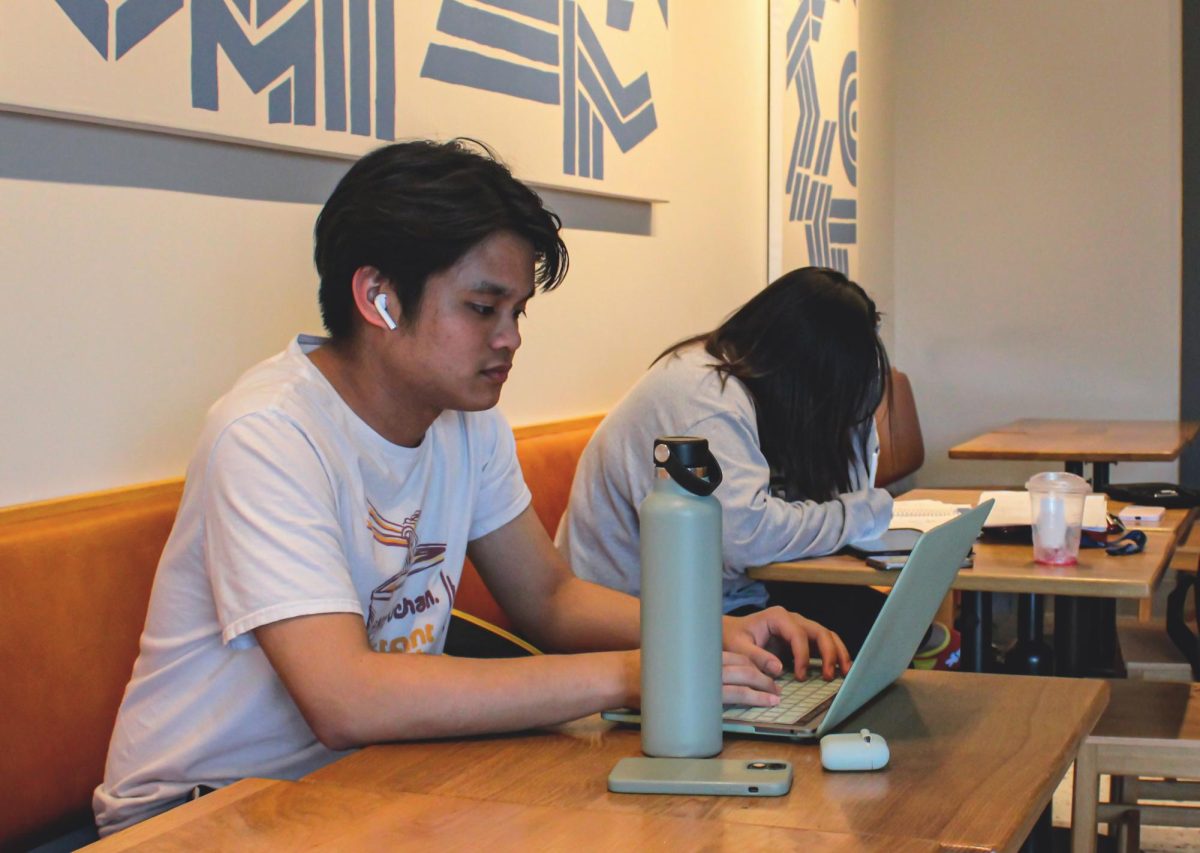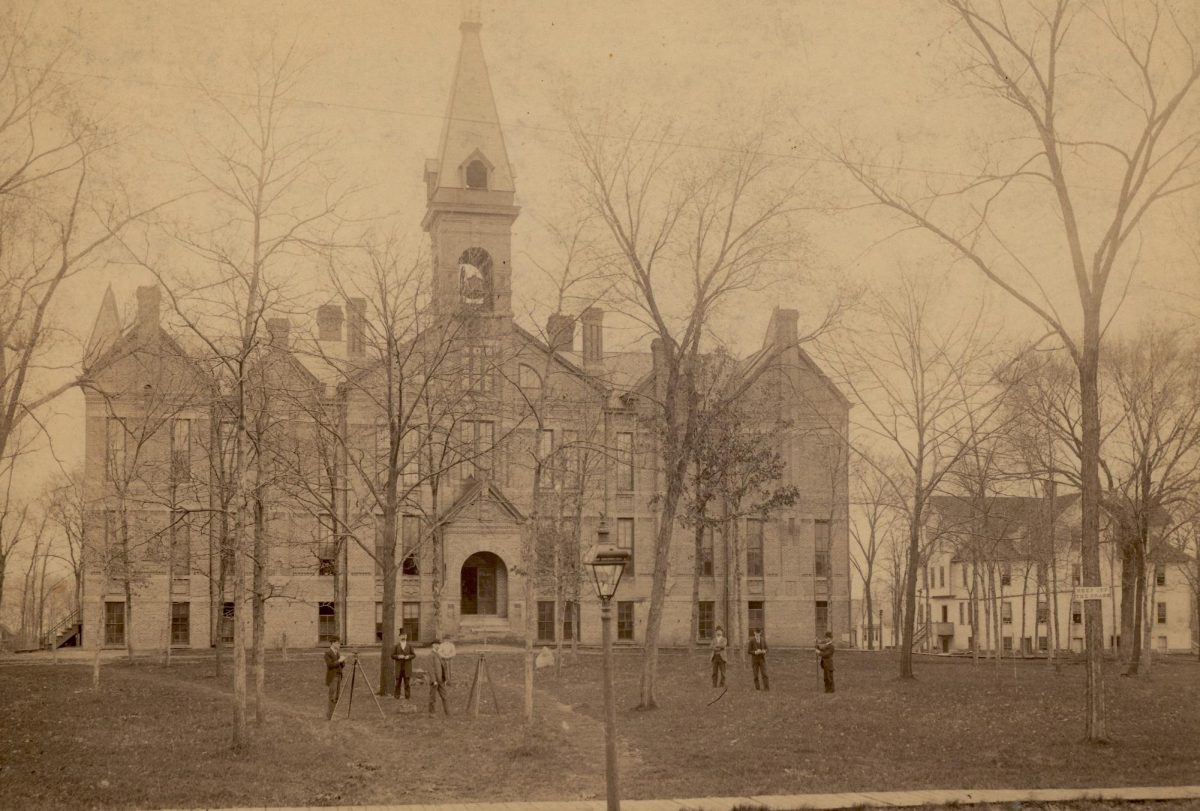Drake University junior Meryl Brune takes her academics seriously. A biochemical and molecular biology major, Brune is a National Alumni Scholarship recipient who boasts a 4.0 GPA on a 16-credit course load. However, Brune, like several other Drake students, does not get enough sleep at night.
“It’s very frustrating,” Brune said. “If I could name it, I would call it stress induced insomnia.”
Lately, Brune has only been getting about three or four hours of sleep per night. Sometimes it takes Brune up to three hours to fall asleep. She believes that her coursework and stress have led to her sleeping disorder.
Sam Cochran, counseling center director at the University of Iowa, weighed in on what causes sleeping disorders.
“Sleep disorders can be caused by any number of things,” Cochran said. “Including stress, diet, heavy caffeine intake, depression, anxiety and medical problems or difficulties such as sleep apnea or restless leg syndrome.”
Cochran believes that in a case like Brune’s, the academic workload is only the trigger, but it’s actually the stress that can cause a sleeping disorder.
“Academic workload can lead to stress, which can then lead to sleep disruptions,” Cochran said. “I don’t believe academic workload itself is the main factor here. For some students, a challenging work load is fine, for others, the stress causes serious disruptions in sleep.”
Brune often finds herself counting backwards, concentrating on her breathing or trying to do anything she can think of that might help her fall asleep quicker. She reads and exercises to help her body relax, hoping it will help her sleep better.
According to the National Commission on Sleep Disorders Research, 40 million people suffer long-term sleeping disorders, with an additional 20 to 30 million people who suffer occasional sleeping problems.
Brune has taken sleeping pills before, but their results have been inconsistent. She is considering getting herself checked if the problem persists.
However, behavioral techniques have proved more effective in trying to help sleeping disorders.
“Behavioral techniques are aimed at improving what is called ‘sleep hygiene’,” Cochran said. “These include going to bed and getting up at the same time each day based on desired amount of sleep; not staying in bed if you are not sleeping; avoiding naps during the day; and so forth. Other behavioral techniques include relaxation and meditation, which can help to induce sleep.”
And while Brune may not be able to carry out an ideal sleeping schedule, her peers also have a difficult time sleeping the appropriate number of suggested hours.
Drake students often have to balance a heavy academic workload, jobs and extracurricular activities, leaving them without enough time to catch up on their sleep.
Cochran believes that teenagers are wired to be able to function without receiving the ideal number of sleeping hours.
“It appears that the amount of sleep a person needs varies over the life span,” Cochran said. “Young babies and toddlers sleep quite a bit, adolescents sleep less. The older we get the less we sleep until older age, when sleep time seems to increase again.”
Junior Shelby LaTona, a health sciences major, believes her coursework takes a toll on her sleeping habits.
“I stay up late doing homework,” LaTona said. “I am taking 18 credits plus RA (resident assistant) class.”
LaTona is also involved with the Residence Hall Association and Alpha Phi Omega, a service fraternity. She gets about five hours of sleep per night even though her goal would be to sleep nine hours each night.
Cochran also points out that the socializing aspect of the college life can also affect how much sleep a student receives and believes that naps can throw off a person’s sleeping schedule.
“Students I speak with often are “night owls” and stay up very late socializing either in person or online,” Cochran said.
“Students who don’t get enough sleep at night time, they frequently will take naps during the day, which is usually not restful or restorative sleep and can tend to make it even harder to fall asleep at night at a more normal bed time.”
Senior Megan Lynch, another health sciences major, tries to avoid naps as much as she can and finds herself having to balance her academic workload and her job as a complex manager for the recreational center. As a result of this, Lynch does not think she is well-rested in her everyday life.
“I’m always still tired when I wake up and don’t feel fully energized when I get out of bed,” Lynch said.
Lynch sleeps about six or seven hours on an average night but wishes she could sleep at least nine hours. She works 10 hours per week along with the 18 credits she is currently taking.
And while someone like Brune might suffer a sleeping disorder caused by the stress in her life, Drake students in general struggle to get enough sleep as well.
Whether it’s a sleeping disorder, a heavy academic workload or a hectic schedule, Drake students are finding out that the hardest thing about college might just be getting enough sleep.






